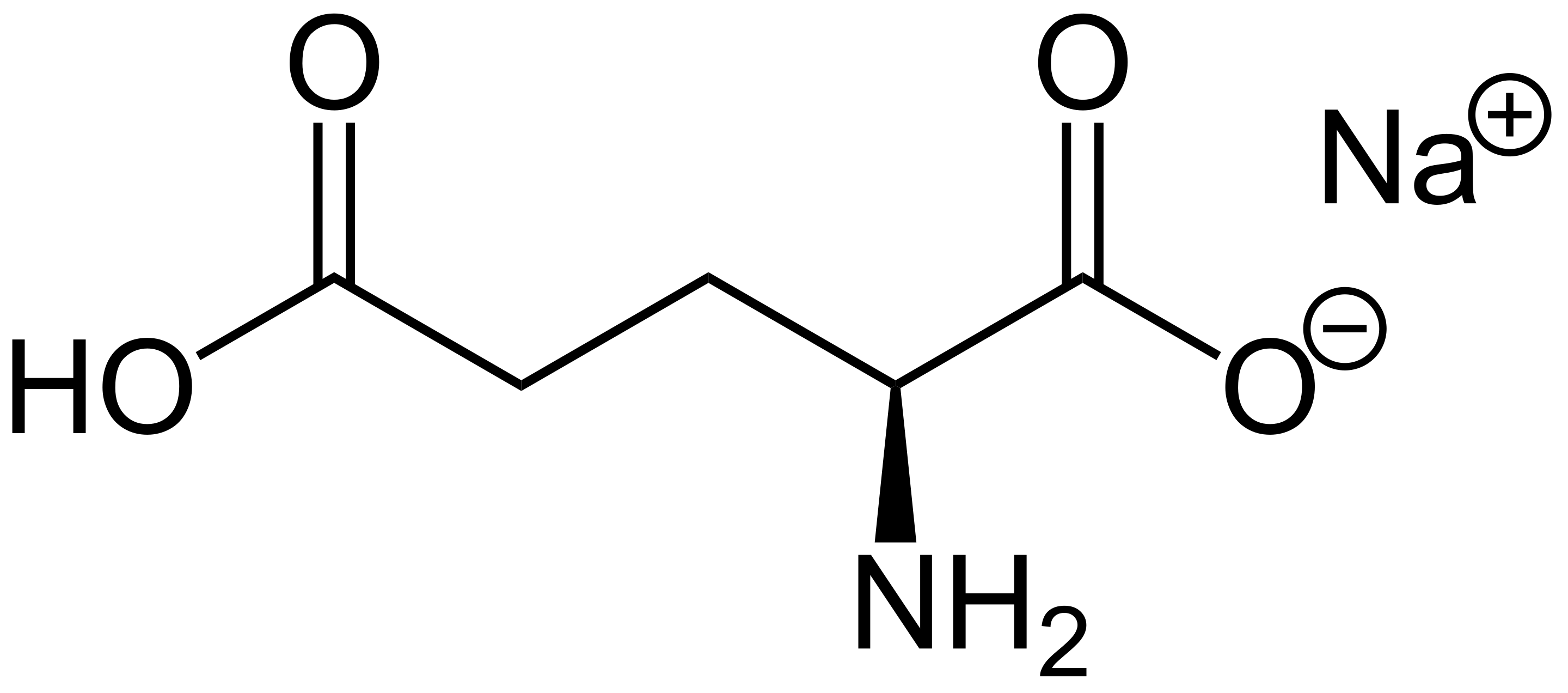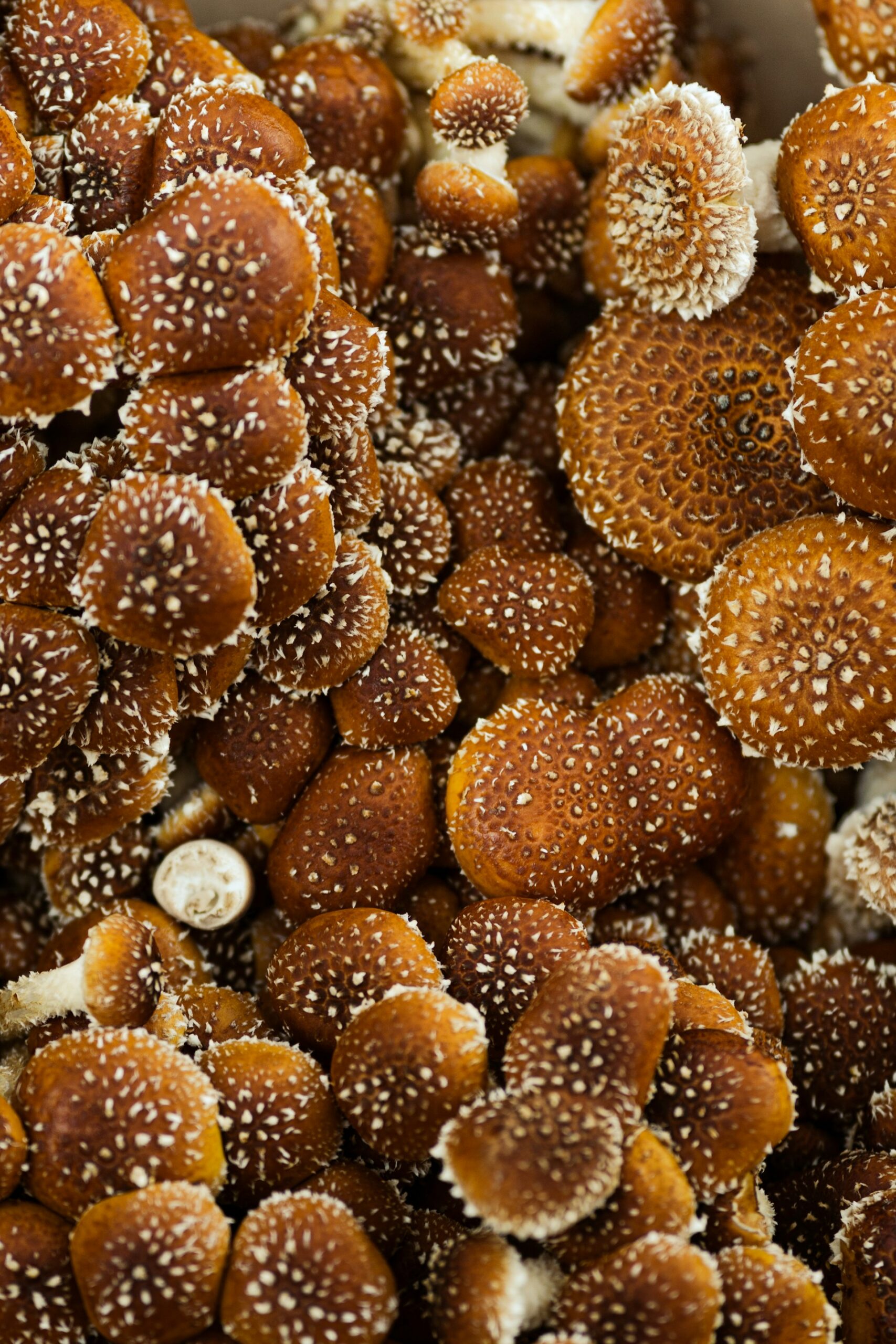Food lovers understand the importance of having a flavor enhancer. Two products are used in various parts of the world, and they include MSG and mushroom seasoning.
What is MSG?
Monosodium Glutamate (MSG) is a popular cooking ingredient, though controversial despite US FDA approving it as a safe product. Food lovers love MSG due to its flavor enhancement properties.
It’s mostly used in some countries such as South Korea, Malaysia, Thailand, and Japan. It is sourced from glutamic acid- a protein present in most foods such as vegetables. Also, it’s found in breast milk. The product is produced via fermentation to create a savory, meaty taste- Umami taste.
What is Mushroom Seasoning?
Mushroom seasoning is an excellent ingredient for adding extra flavor to your dishes. It adds umami flavor to various foods, including bakes, dips, stir-fries, and soups. Interestingly, you’ll only need two ingredients- salt and mushroom. You can select a mushroom of your choice since they’ve been found to contain high levels of Umami.
Beta-glucans: Every mushroom has a unique blend of antioxidants, polysaccharides, phytonutrients, plus other enzymes. Nevertheless, healing power in medicinal mushrooms is derived from beta-glucan–a polysaccharide. In fact, the health and science industries have shown a lot of interest in beta-glucans due to their effect on the immune system. They tend to balance the immune function rather than suppressing or stimulating it. Mushroom seasoning immune balancing features makes it the best alternative to processed products. For instance, it’s an excellent replacement to MSG for the following reasons;
Contains natural glutamate: This is L- glutamic acid present in mushroom seasoning. Therefore, it’s healthy and naturally occurring in mushrooms.
Part of proteins: Glutamic acid present in mushroom seasoning is also part of a protein. So, it must be broken down via protein digestion for it to be absorbed by the body. Natural glutamate is essential for a healthy metabolism.
It’s nutritious and ideal for medical purposes: Mushroom seasoning is not just derived from natural ingredients, but it’s nutritious. Actually, the mushroom is rich in calcium, vitamin D, and vitamin B, not to mention that it has anticancer and antiviral properties.
It helps to boost the immune system: Mushroom helps in boosting the immune system. It also strengthens the bones.
The best alternative to artificial flavors: Thanks to its umami flavor, mushroom seasoning is used for enhancing flavors in a variety of dishes. It’s excellent for use by vegetarians.
Why MSG is Controversial
MSG has attracted a lot of controversies for various reasons that we’ve covered below;
It’s a processed D-glutamic acid: Glutamate present in MSG is processed and therefore unhealthy for the body. It’s not just isolated, but it has high levels of glutamic acid.
Easily absorbed and cause toxicity: Free glutamic acid in MSG is easily absorbed in the body. That’s because it isn’t protein-bound. As a result, it can trigger a rapid increase of glutamate levels in the blood.
Highly processed: The product is produced through a detailed fermentation procedure.
It’s an excitotoxin: MSG tends to over-excite your body cells, thereby causing brain damage. That’s why it’s said to be such diseases as Parkinson’s disease and Alzheimer’s disease, among others. Furthermore, it’s linked to other adverse effects, including high blood pressure, obesity, headache, asthma attacks, and fatigue, and so on.
Types of Highly Effective Mushroom Seasonings
Mushroom seasonings are medicinal and different. Each has tremendous health benefits and contains reasonable levels of natural beta-glucans. Furthermore, various types of beta-glucans affect the body and the immune system in distinct ways. Below are different types of mushroom seasonings.
Reishi: Reish is excellent in balancing your immune system. Also, it has anti-aging properties, not to mention that it promotes good mental health. It achieves that by promoting quality sleep and suppressing depression symptoms.
Lions mane: You can use dried lion’s mane mushroom to make your mushroom seasoning. It will protect you from diseases such as dementia and sclerosis and boost cognitive function. Besides, it fights anxiety symptoms.
Cordyceps: Cordyceps have an array of health benefits, including increasing oxygen uptake. It promotes endurance, triggers muscle recovery, and helps suppress tumor growth. Cordyceps has anti-inflammation properties and controls blood sugar.
Chaga: Chaga mushroom seasoning supports healthy aging and controls the growth of cancerous cells. Furthermore, it prevents oxidative stress. Other benefits include fighting inflammation, colds, bacteria, and other serious health complications.
Turkey tail: A combination of turkey tail powder and Reishi is excellent in fighting cancer. These mushrooms trigger your body to kill cancer cells naturally.
Shiitake: Dried shiitake mushrooms are the best and highly popular. It’s linked to multiple health benefits, including lowering bad cholesterol levels, hindering artery blockage, and protecting the liver. If you want to enjoy good heart health, consider adding shiitake mushroom seasoning to your diet regularly.
Maitake: Shiitake and maitake are different mushrooms. Maitake seasoning can balance your blood sugar levels. As a result, it’s excellent in controlling type-2 diabetes.
How Can I Use Mushroom Seasoning?
Incorporating mushroom seasoning into your diet is simple. Most mushroom seasonings will enhance a savory flavor in your dishes. Nevertheless, some of them, such as cordyceps or reishi, enhance a bitter flavor. As a result, it’s recommendable that you only add small quantities at first and increase the quantity with time.
If your mushroom seasoning has a bitter taste, you can try incorporating it with diets with stronger flavors such as smoothies, baked goods, pasta sauces, and coffee. For all mushroom seasonings, you should consume at least one gram daily to avoid taking too much of it. But it’s best if you consult your health care provider before deciding on the amount to consume.
Finally, mushroom seasoning is a flavor enhancer. It has several benefits, but this all depends on the type of mushroom you’ve selected. They are safe as they are 100% natural. That’s why mushroom seasoning is an excellent replacement for MSG. The latter contains processed glutamic acid and therefore linked to several potential health risks, including cancer. However, mushroom seasoning isn’t a replacement for your medication. It should be used as a supplement to improve your overall body health.



